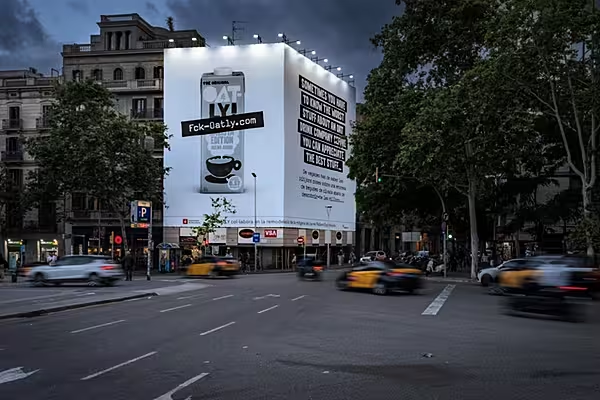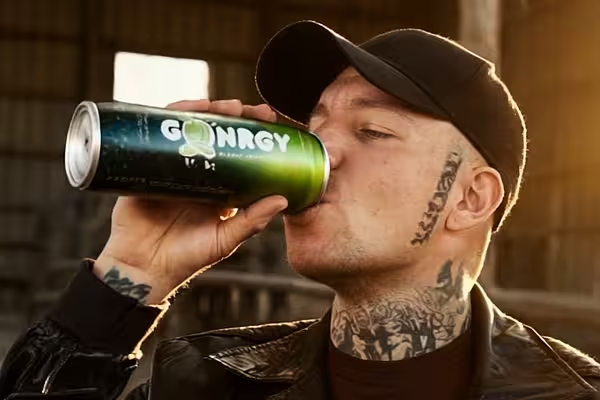Oat drink company Oatly is addressing past controversies in Spain with a splash of humour with its new campaign 'F*ck Oatly'.
As part of the campaign, Oatly is inviting Spaniards to learn more about the company through all the 'bad' things that are said about it.
Iggy Díez, executive creative director of Oatly, stated, "As we discussed the best approach to re-introducing Oatly to the Spanish, we thought what better way than to tell everyone about all the necessary but controversial decisions we have made on our journey to create a more sustainable food system.
"We are not a perfect company, but we see criticism as an inevitable consequence of trying to turn the whole food industry upside down and change the rules. Our scandals are big talking points, so we hope to spark big debates in Spain."
The Campaign
F*ck Oatly includes various activities and advertising elements, ranging from billboards in prominent locations in Barcelona and Madrid to social media posts.
The company has also created different café activations to engage consumers and established strategic partnerships with media outlets to maximise the reach and relevance of the initiative.
Oatly added a dose of humour to its campaign by hosting a 'roast' starring some of Spain's wittiest monologists and comedians!
Hosted by Mario Marzo, the roast featured participants such as Tomàs Fuentes, from the podcast 'la Ruina', Belén Hinojar, David Amor and Laura Marqués, who addressed controversial topics related to Oatly and oat drinks with Spanish humour.
The Controversy
In 2019, Oatly courted controversy with its 'It's Like Milk But Made for Humans' campaign, as it was deemed inappropriate by Autocontrol, the independent advertising self-regulatory organisation (SRO) in Spain.
It was partly because the company associated the term 'milk' with an oat drink.
The issue triggered a legal dispute with the National Federation of Dairy Industries (FeNIL) and culminated in an unfavourable ruling for Oatly in 2023.
Oatly contested the decision on grounds that their advertising was misjudged and approached the Supreme Court of Justice, where a ruling on the case is still pending.
The oats drink maker claims that the judgment unjustifiably restricted its fundamental right of expression by calling certain advertisements illegal without adequate justification.














